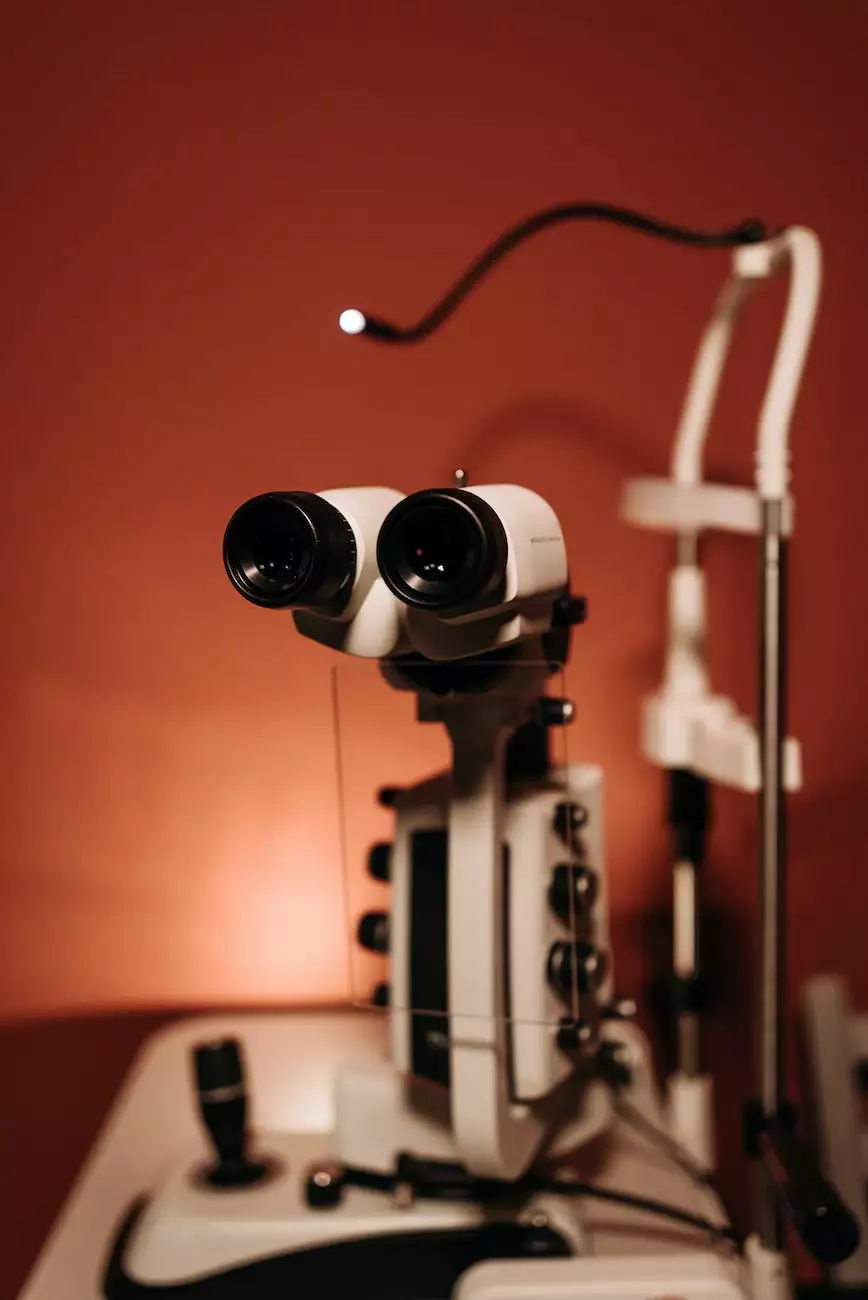Cataract Questions
Blog
Introduction
Welcome to the Cataract Questions page, brought to you by Baron Rick W Dr. As a leading expert in eye care and vision health, our goal is to provide comprehensive information and answers to commonly asked questions about cataracts. We understand the importance of having access to reliable and accurate information, allowing you to make informed decisions about your eye health.
What Are Cataracts?
Cataracts are a common eye condition that affects the clarity of the lens inside your eye, leading to blurry vision and visual impairment. They occur due to the natural aging process or can develop as a result of certain medical conditions or injuries. Cataracts typically develop slowly over time, causing a gradual decline in vision.
Symptoms of Cataracts
Cataracts can cause a variety of symptoms, including:
- Blurry or hazy vision
- Sensitivity to light and glare
- Difficulty seeing at night
- Double vision
- Clarity issues with reading or other close activities
- Fading or yellowing of colors
Diagnosing Cataracts
If you suspect you may have cataracts, it is important to schedule an appointment with an eye care professional like Baron Rick W Dr for a comprehensive eye examination. During the examination, your eye doctor will perform various tests to evaluate your vision and determine the presence and severity of cataracts. These tests may include visual acuity tests, slit-lamp examinations, and more.
Treatment Options
While cataracts cannot be treated with medication or eye drops, there are effective treatment options available. If the cataracts are not significantly impairing your vision and daily activities, your eye doctor may recommend non-surgical approaches such as prescription glasses or contact lenses to help improve your vision. However, if your cataracts are affecting your quality of life, cataract surgery may be necessary.
Cataract Surgery
Cataract surgery is a common and highly successful procedure for removing cataracts and restoring clear vision. During the surgery, your eye surgeon will replace the cloudy lens with an artificial intraocular lens (IOL). The surgery is typically performed on an outpatient basis and has a quick recovery time. It is important to discuss the benefits, risks, and expectations with your eye doctor to determine if cataract surgery is right for you.
Recovery and Aftercare
Following cataract surgery, it is crucial to follow your eye doctor's post-operative instructions for optimal healing and recovery. This may include using prescribed eye drops, wearing protective eyewear, and avoiding activities that could strain your eyes. Your eye doctor will schedule follow-up appointments to monitor your progress and ensure the desired outcome.
Preventing Cataracts
While cataracts are a natural part of the aging process, there are lifestyle habits you can adopt to potentially reduce the risk or delay the development of cataracts. These include maintaining a healthy diet rich in antioxidants, protecting your eyes from harmful UV rays with sunglasses, refraining from smoking, and scheduling regular comprehensive eye exams to monitor your eye health.
Conclusion
In conclusion, understanding cataracts is essential for maintaining good eye health. With the information provided on this page, we hope to have answered some of your most pressing questions about cataracts. However, if you have additional concerns or require personalized advice, we recommend reaching out to Baron Rick W Dr or another trusted eye care professional who can provide you with the individualized attention you deserve.




